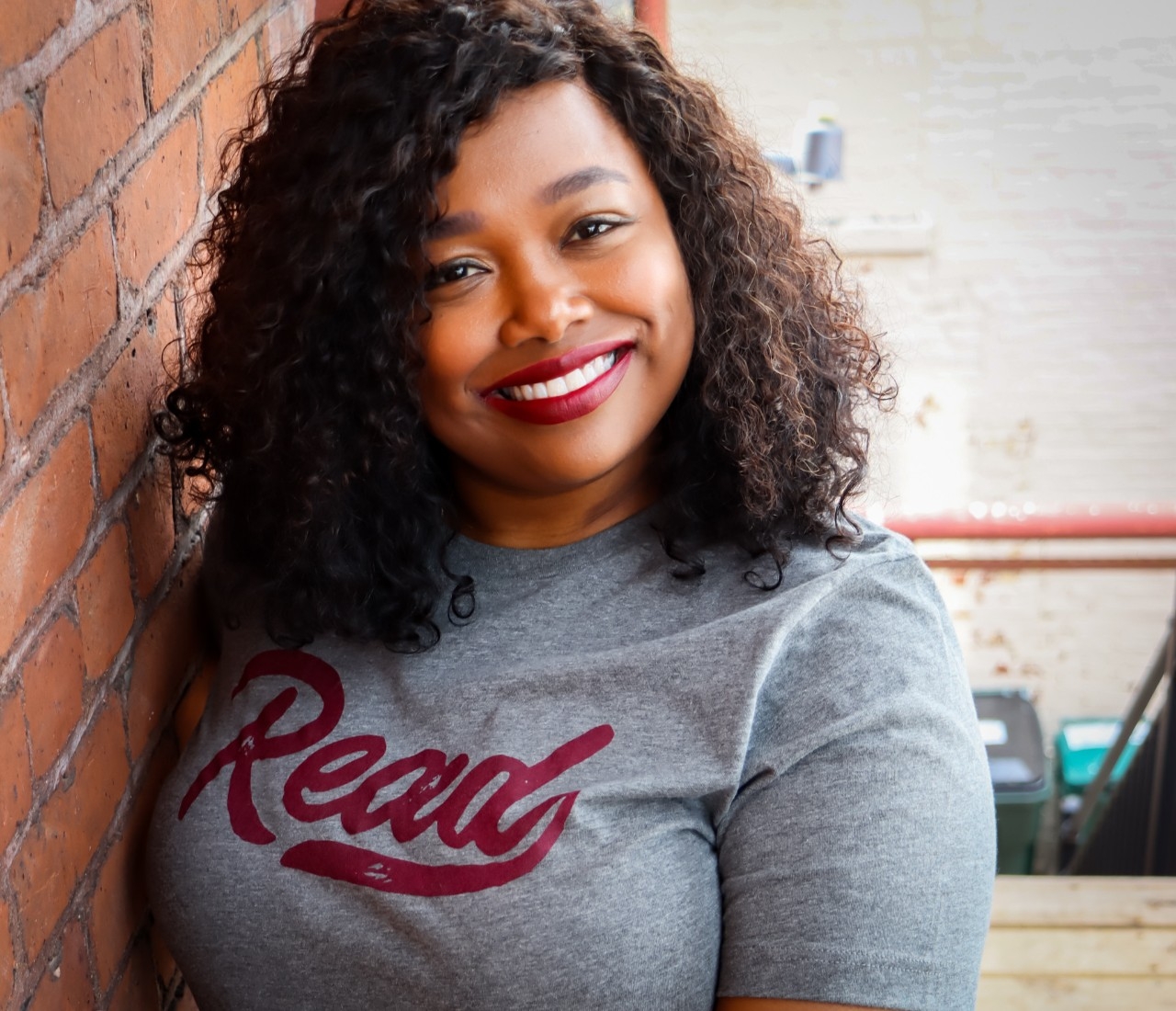That curiosity led Dr. Worthy, who always wanted to work closely with the community, to become co-founder of a nonprofit organization: Youth at the Center (YATC).
YATC, located in Cincinnati, works with young people in grades 7-12 by providing leadership development, awareness building and engagement opportunities.
“My work is making sure that young people feel seen, heard and valued,” she says.
And she didn’t stop there. She later came back to NKU to pursue a
doctorate degree in educational leadership.
Most days, Dr. Worthy splits her time between YATC, as its director of organizational excellence, and teaching in the Ed.D. program on a part-time basis.
Things have come full circle, and she credits her perspective to her eye-opening experiences at NKU.
“My experiences at NKU are core to how I show up in my work,” she says. “In the MPA program, I had conversations with people from so many different experiences and disciplines. We explored ideas about how our government systems and nonprofit systems advance our ideals. Having those robust conversations helped me understand who I am, what I value and how I show up.”
Dr. Worthy’s time in NKU’s Ed.D. program also gave her perspective on how to solve community problems.
“I had all these ideas and feelings about things happening in the world and our communities,” she says. “I felt like I was the only one feeling this way. The program gave me an understanding that these problems are real—the systems and structures—because of how they started.”
Asking questions and looking at where things started is something that’s important to Dr. Worthy, who considers herself a professional question asker.
And as Black History Month comes to an end, she reflects on the importance of not just asking questions but telling the truth.
“We don’t like to talk about how America started. Those legacies inform everything that happens today,” she says. “Representation matters, especially when often the narrative about Black people is less than complimentary or flattering. People seeing themselves in joyous, celebratory, optimistic ways is galvanizing for one’s psyche. We have a history of showcasing talented people—sports figures, entertainers, so-called leaders. But we don’t always represent, in a positive light, the whole humanity of Black people. Black history is American history. When we don’t recognize that Black people are here and contributing pivotal things at the heart and soul of this nation, we’re not telling the truth or full story.”
